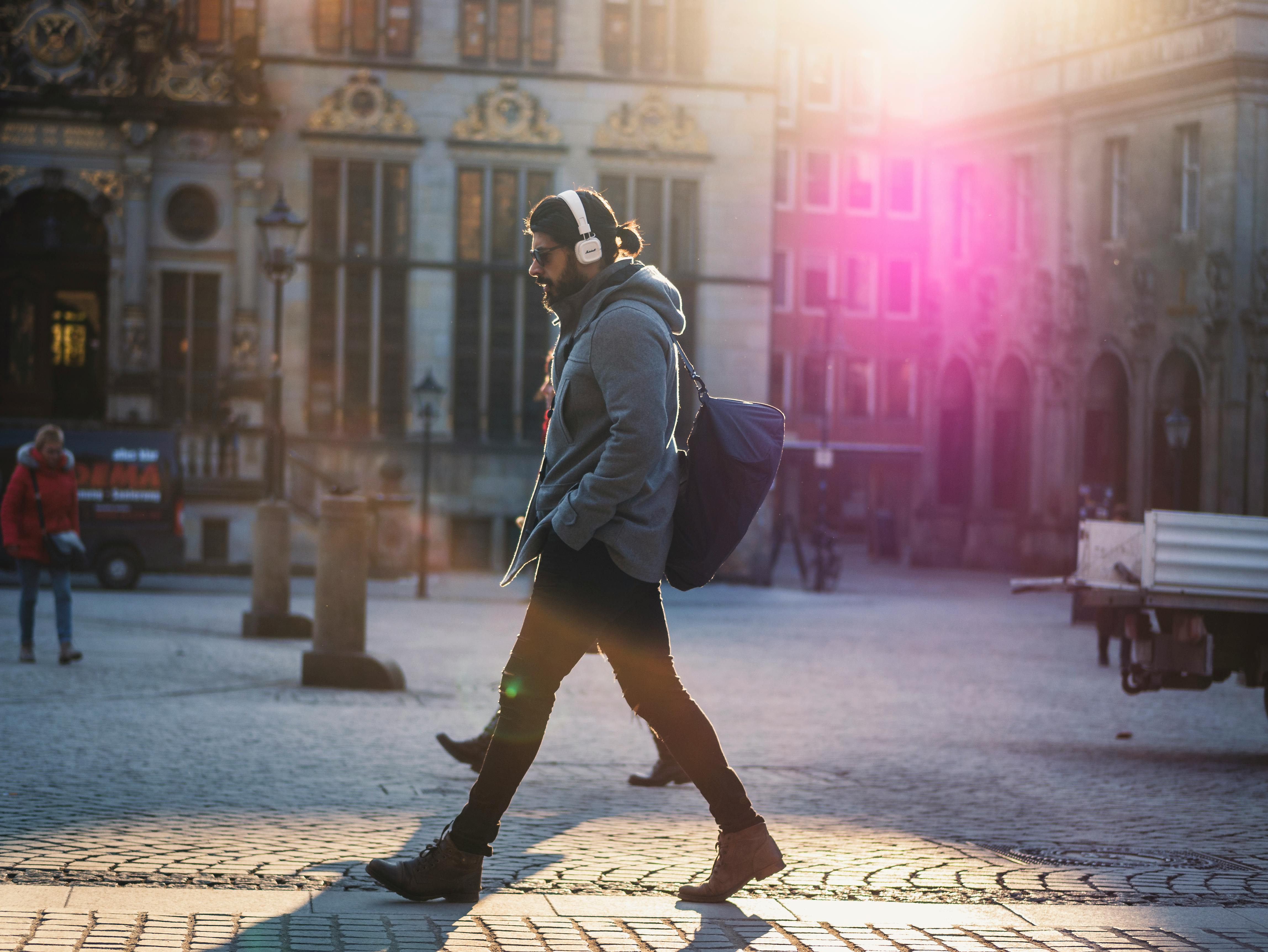The Emergence of Slow Living: A Societal Shift Towards Mindfulness
The fast-paced world is witnessing an interesting counter-movement: the rise of slow living. This article explores the genesis of this societal shift, its current trends, and implications for modern society. Read below to delve into this compelling paradigm shift.

Tracing the Roots: A Historical Overview
The concept of slow living emerged as a counter-reaction to the fast-paced, industrialized society we inhabit. The Slow Movement started with Slow Food in Italy during the 1980s, as a protest against the opening of a McDonald’s in Rome. It was an attempt to preserve traditional food preparation techniques and promote local fare over fast food. Over time, this philosophy expanded to other areas of life, including travel, education, and even technology.
Current Trends: The Rise of Slow
In today’s hyperconnected world, people are increasingly feeling the pressure to be constantly productive and available. In response, slow living has gained traction as a lifestyle choice, a conscious decision to slow down and focus on quality over quantity. This trend can be seen in the popularity of practices like mindfulness, yoga, and meditation. Even in the corporate world, companies are recognizing the need for work-life balance and are incorporating slow practices into their work culture.
The Societal Impact: A Shift Towards Mindfulness
The slow living movement has significant implications for modern society. It encourages a shift towards mindfulness, sustainability, and a focus on personal well-being. This shift is influencing various sectors, from the food industry’s emphasis on organic and local produce to fashion’s turn towards sustainable and ethical practices. Moreover, it is changing our understanding of success, from the traditional indicators of wealth and power to personal satisfaction and well-being.
Backed by Research: The Benefits of Slow Living
Research supports the benefits of slow living. Studies have shown that mindfulness practices can reduce stress, improve mental health, and increase productivity. Moreover, sustainable practices promoted by slow living have positive environmental impacts. For instance, a study published in the Journal of Cleaner Production found that a slow fashion approach could significantly reduce the fashion industry’s environmental footprint.
The Future: From Fast to Slow
The slow living movement presents an exciting alternative to our fast-paced society. It challenges the notion that faster is always better and encourages a more mindful, sustainable, and balanced approach to life. As society continues to evolve, it is likely that the slow living movement will continue to shape our cultural and societal landscapes.
As we move forward in this fast-paced, digitally connected world, the slow living movement offers a refreshing perspective, reminding us of the importance of slowing down, being present, and prioritizing quality over quantity. It is a testament to society’s ability to adapt and evolve, offering new ways of living that challenge traditional norms and values. The slow living movement is not just a trend but a societal shift towards a more mindful and sustainable way of life.




